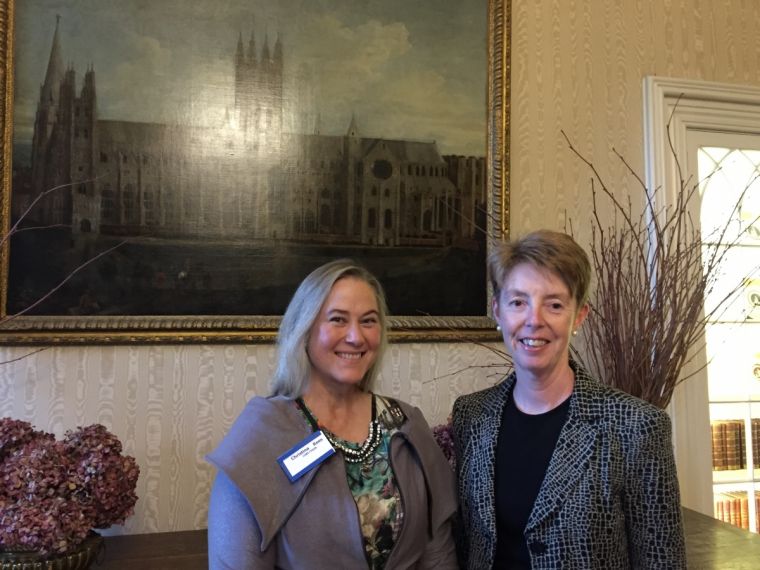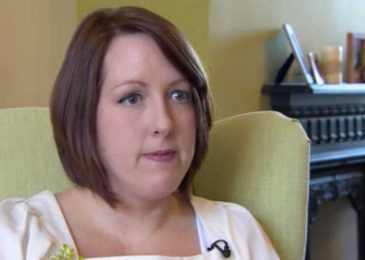
The challenges facing the Church of England are remarkably similar to those facing another much-loved British institution, the Post Office, leading Christian businessmen and women have been told.
Paula Vennells, chief executive of the Post Office and also a non-stipendiary minister in the Church of England, said there are many parallels between the Post Office and the mainstream of the Church of England.
"Both are highly valued, national institutions providing care, support and services to many communities right across the country.
"As an example, the social value provided by the Post Office Network has recently been valued, independently, at in excess of £2 billion.
"But both face significant challenges."
Advertisement
These included the "challenges and opportunities presented by being an institution with dispersed, autonomous communities" as well as the balance between local autonomy and central direction.
Both institutions also had the challenge of valuing history and legacy while embracing the future, and of respecting the central place they both hold in the lives of communities throughout the country
And above all, for both there is the importance of stakeholders.
Vennells was speaking to the Christian Association of Business Executives in a lecture at Lambeth Palace,
She said she was "proud" that both institutions were so central to her own life.
The Post Office separated from the Royal Mail in 2012. The Royal Mail was privatised while the Post Office remains in public ownership.
Like the Church of England, the Post Office at this time was losing customers. Many communities wanted a post office even though they did not use it and many were being shut down. There were mounting losses and the Post Office was heavily reliant of Government subsidy but many stakeholders – communities, customers, postmasters, unions, MPs – were against change.
"We have made great progress in only a few years," said Vennells, who has been with the Post Office since 2007 and became Chief Executive in 2012.
She noted that the Post Office is the country's largest retailer, with more than 11,500 branches and 17 million weekly customers.
"In many communities – not just those in rural areas but also areas of urban deprivation – we are the last shop in the community. And increasingly we are the last bank too."
Most basic transactions with all the major banks can be made at a post office.
Vennells said that three years ago, the Post Office was losing £120 million. The year that just ended saw that figure reduced to £26 million.
To any who wondered how the turnaround was achieved, she said: "We had to recognise the problem, set a powerful shared vision, disrupt the (institutional) culture, engage all stakeholders and transfer best practice." They also had to agree what could be decided at community level and what was expected as part of the institution, and "celebrate what is good while dealing with what is not."
Key to the process of change were inspirational leaders who act as role models and influence others.
Vennells added: "If I had one lesson to convey it is the importance of communication – with customers, business partners, agents, staff; with anyone with an interest – stakeholders. Communication should be inspiring. But it should also be structured and not duck the complexity of an institution like the Post Office – or the Church. And your people closest to the ground need to be your best communicators."
Sponsored
Watch Your Favorite Christian Films, 24/7. Click Here To Start Your Free Trial TodayOriginal Article





